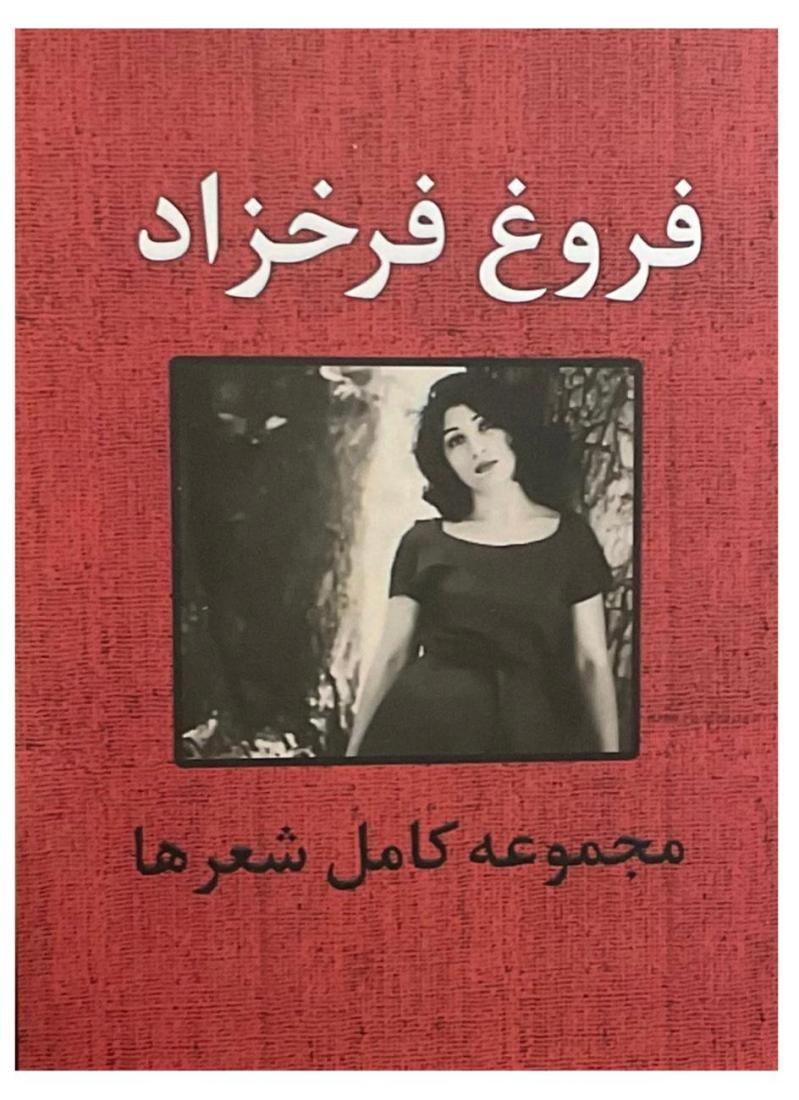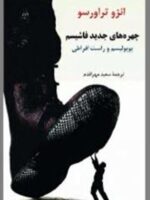Forugh Farrokhzad was an Iranian poet, a screenwriter, a painter, and a filmmaker. She was born in Mazandaran, north of Tehran, to a large family, and is one of Iran’s preeminent mid-20th-century writers. She married at 17, had a son, and divorced in 1954.
From her first collection of poetry, Asir (approximately translated “Captive,” 1955), Farrokhzad was concerned with female desire, sensuality, and cultural restrictions on women. She published three collections of poetry over the next decade: Divar (approximately translated “The Wall,” 1956), Esian (approximately translated “Rebellion”) (1958), and Tavallodi digar (approximately translated “Another Birth,” 1964). She also translated the work of George Bernard Shaw and Henry Miller and made a groundbreaking documentary, The House Is Black (1962), about a leper colony in northeastern Iran. The film won the 1963 grand prize at the Oberhausen Film Festival. After Farrokhzad’s death, the posthumous collections Sin: Selected Poems of Forugh Farrokhzad (2010), translated by Sholeh Wolpé, and Let Us Believe in the Beginning of the Cold Season (2014), translated by Elizabeth T. Gray, were published.
Following the 1979 revolution that overthrew Iran’s secular monarchy, Farrokhzad’s work was banned and then heavily censored for nearly a decade. Her untimely death in a car crash at the age of 32 was seen as a national tragedy and made the front pages of Tehran’s newspapers. In the afterword to Asir, Farrokhzad presciently wrote, “Perhaps because no woman before me took steps toward breaking the shackles binding women’s hands and feet, and because I am the first to do so, they have made such a controversy out of me.” She is seen as a symbol of artistic, personal, and sexual freedom because of her unprecedented work in articulating the inner emotional and physical intimacies of women in her culture.
Farrokhzad’s work has been translated into English bySholeh Wolpé and Elizabeth T. Gray. Her life and work have also been the subject of various biographies, critical commentaries, and documentaries, such as Michael Hillman’s A Lonely Woman: Forugh Farrokhzad and Her Poetry (Mage Publishers, 1987), Abdolali Dastgheib’s The Little Mermaid, Critical Review of Poems by Forugh Farrokhzad (2006), and Nasser Saffarian’s three-part documentary The Green Cold, The Mirror of the Soul,and Summit of the Wave (2000–2004).




